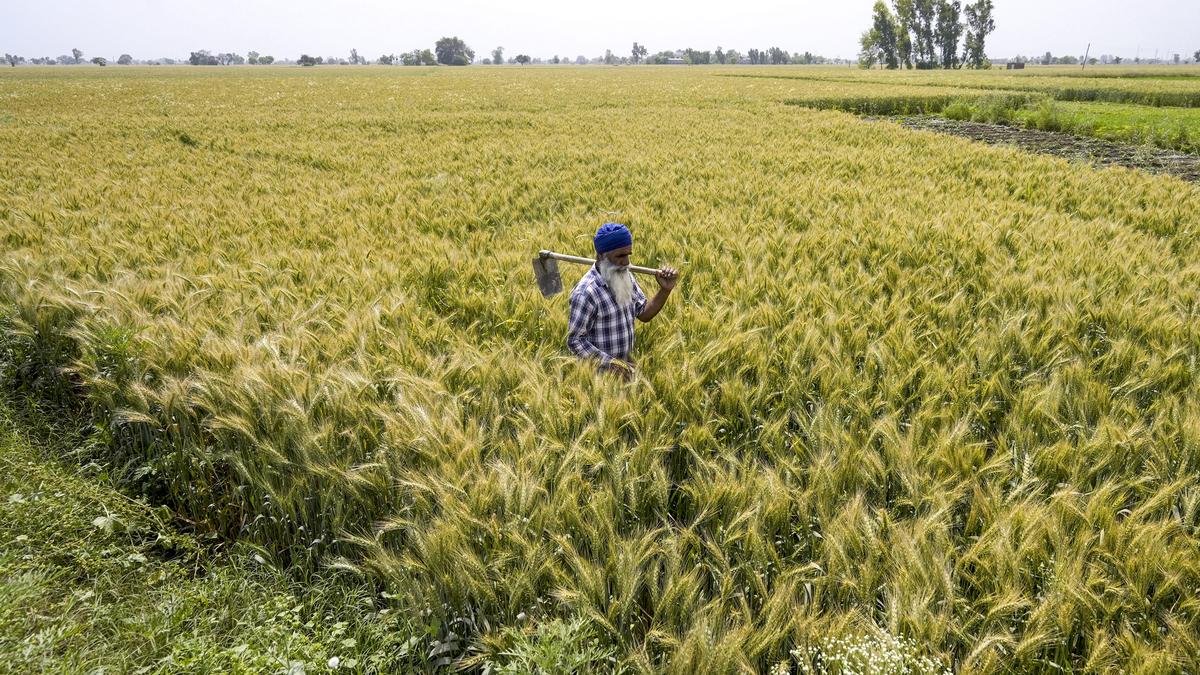International Treaty on Plant Genetic Resources for Food and Agriculture (ITPGRFA)

- 09 Jul 2025
In News:
India has raised strong objections to proposed amendments to the International Treaty on Plant Genetic Resources for Food and Agriculture (ITPGRFA)—also known as the Plant Treaty—during recent deliberations in Peru. The concerns stem from potential implications for India’s sovereign rights over plant genetic resources and its traditional farming practices.
About the Plant Treaty
The Plant Treaty is a legally binding international agreement, adopted by the Food and Agriculture Organization (FAO) in 2001 and enforced from 2004. India is a signatory to the treaty. It is aligned with the Convention on Biological Diversity (CBD) and supports the FAO’s Global Plan of Action.
Key Objectives:
- Conservation and sustainable use of plant genetic resources for food and agriculture (PGRFA).
- Equitable sharing of benefits arising from the use of these resources.
- Ensuring food security and preserving agrobiodiversity, especially for climate-resilient agriculture.
Core Features of the Treaty
- Multilateral System (MLS) of Access and Benefit-Sharing:
- Covers 64 major crops (e.g., rice, wheat, maize, pulses) listed in Annex I.
- Facilitates global access to plant genetic materials among member nations.
- Ensures benefit-sharing through:
- Technology transfer
- Capacity-building
- Commercialization revenues
- Standard Material Transfer Agreement (SMTA):
- A legal framework that governs the access, transfer, and exchange of genetic materials under the MLS.
- Farmers' Rights (Article 9):
- Recognizes the rights of farmers to save, use, exchange, and sell farm-saved seeds.
- Acknowledges indigenous knowledge and the contributions of local communities.
- Encourages inclusion of farmers in decision-making processes.
- Global Information System (Article 17): Facilitates data-sharing on plant genetic resources globally.
- Benefit-sharing Fund (BSF): Supports farmers and public institutions in developing countries to conserve genetic diversity, enhance crop productivity, and build resilience to pests and climate change.
India’s Concerns Over the Proposed Amendments
The new proposal seeks to expand the scope of Annex I, making it mandatory for countries to share all plant germplasm through the MLS under a uniform SMTA framework.
Why India Opposes the Proposal:
- Erosion of Sovereignty: It may weaken India’s control over its vast indigenous plant genetic wealth.
- Legal Conflict: The proposal could override India’s national laws governing access and benefit-sharing.
- Impact on Traditional Practices: Smallholder and tribal farmers who rely on traditional seed-saving and exchange systems may be adversely affected.
- Threat to Biodiversity Conservation: Centralized control over plant genetic materials could hinder community-led conservation efforts.
